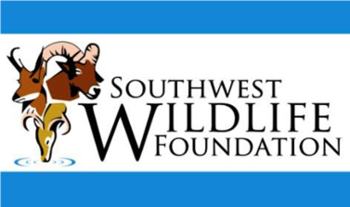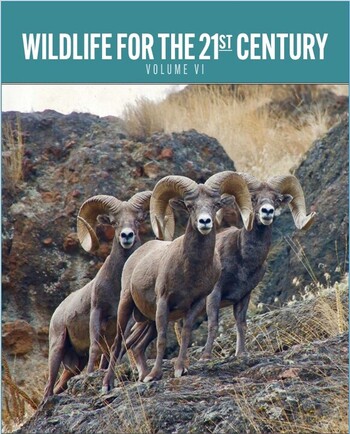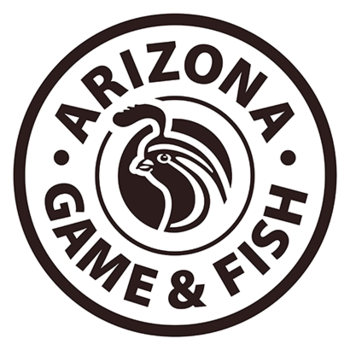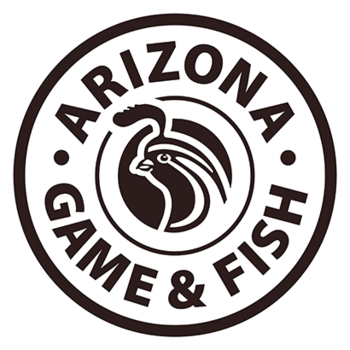News
Another Green Energy Assault on the West!
Another Green Energy Assault on the West
By Jonathan Lesser
May 24, 2023
SWF Volunteer Take Seniors Fishing!
YVRGC/SWF Volunteers Take Young At Heart Seniors Out For A Morning Of Fishing!
Wildlife for the 21st Century Report
Wildlife for the 21st Century
Volume VI
The American Wildlife Conservation Partners present recommendations for the next White House Administration and the next two Congresses.
Rule prohibiting organized predator hunting contests is in effect
PHOENIX — The Arizona Game and Fish Department reminds constituents that a new rule prohibiting organized hunting contests for predatory and fur-bearing animals became effective Nov. 3. The rule does not apply to lawful hunting of predatory and fur-bearing animals (which is a valuable wildlife management tool) outside of contests as defined by the rule, nor does it apply to events such as fishing tournaments.
Gearing up for a hunt? Don’t forget the non-lead ammo
Hunters asked to continue voluntary lead-reduction efforts this fall
PHOENIX — Arizona hunters have proven their long-held commitment to wildlife conservation by voluntarily working to reduce the amount of lead exposure to endangered California condors, and the Arizona Game and Fish Department (AZGFD) is encouraging all hunters to join the effort this fall.
Hunters drawn for hunts in Game Management Units 12 and 13 (north Kaibab National Forest and Arizona Strip) are eligible to participate in the department’s non-lead ammunition program and are encouraged to pick up their free ammunition early, while supplies last. Information about the program was mailed to those who drew hunt tags for the selected units.
Since 2008, 88 percent of hunters in Arizona’s condor range have voluntarily used non-lead ammunition during their hunts or, if they used lead ammunition, removed the gut piles from the field. AZGFD reminds hunters that if they have trouble finding non-lead ammunition, they can still support condor recovery by removing gut piles from the field that were shot with lead ammunition.



